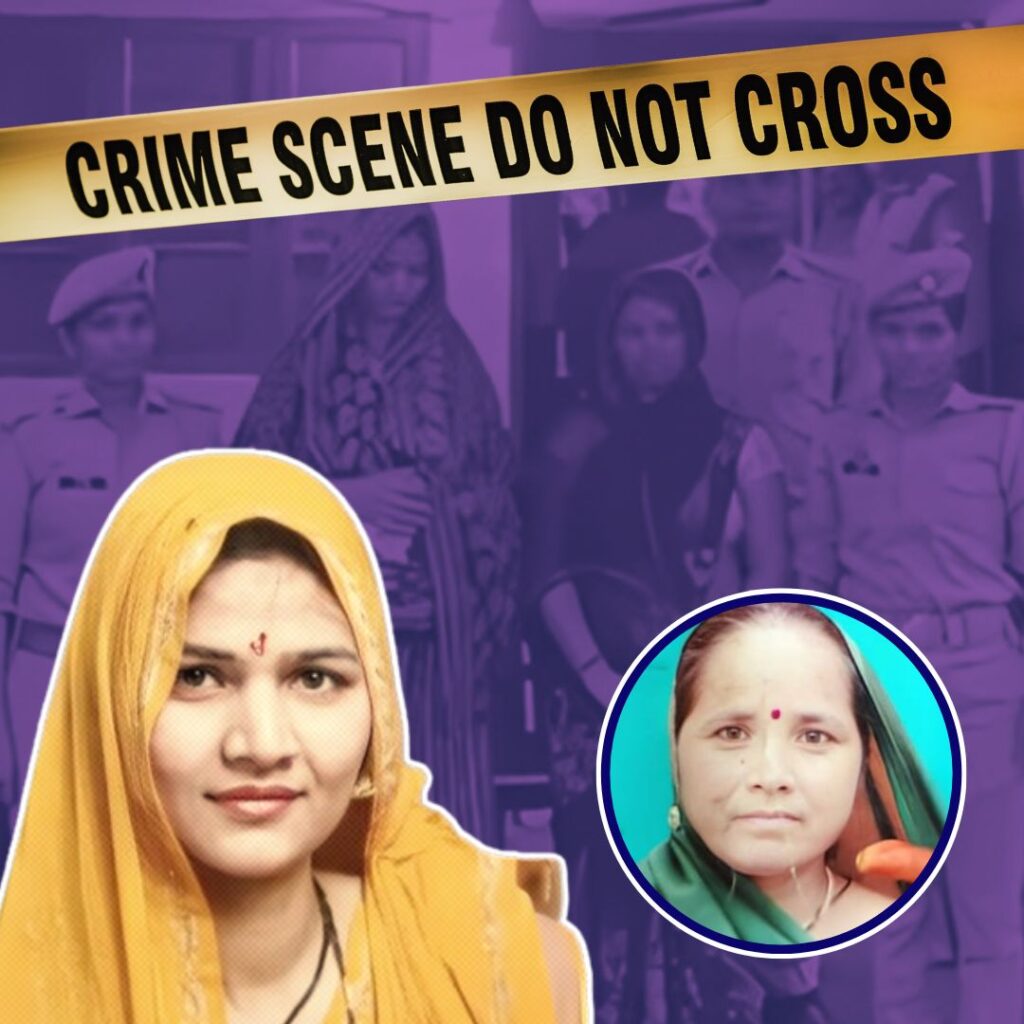The prime minister Narendra Modi-led BJP government’s decision to bring modifications to the Citizenship (Amendment) Act, 1955 to make it easier for Bangladeshi Hindus to get Indian citizenship has triggered a sharp division of opinion on linguistic lines in Assam’s predominately Assamese-speaking Brahmaputra Valley and largely Bengali-speaking Barak Valley.
More than 300 hundred groups from the three districts in Barak Valley submitted memorandums to the joint parliamentary committee (JPC) in favour of the Citizenship (Amendment) Bill 2016 to facilitate citizenship for illegal immigrants, particularly minority communities from Bangladesh, Afghanistan and Pakistan.
The 16-member JPC was formed in August 2016 under the headship of BJP MP Satyapal Singh to hear views of various stakeholders after severe opposition in Assam following the tabling of the Bill in Lok Sabha in July 2016.
Critics of the Bill say that it violates secularism enshrined in the Indian Constitution. Opposition in Brahmaputra Valley arises from the fact that the Bill contravenes the Assam Accord of 1985, signed by Assamese nationalists and the Centre. The Accord marked the end of anti-foreigner movement – anyone who entered the state after the midnight of March 24, 1971, would be considered an illegal immigrant, irrespective of their faith.
A day before the JPC was to begin its day-long hearing, Krishak Mukti Sangram Samiti (KMSS) leader Akhil Gogoi told reporters in Guwahati, “Will Assamese people become minorities in their own state? Will Assamese language be replaced with Bengali as the official language? Such fears among the indigenous people in Assam will become reality if we all do not stand strongly against the Bill. The BJP and RSS are sponsoring several organisations in Assam so that they don’t oppose the Bill,” reported The Wire.
However, supporters of Citizenship Bill in Barak Valley opine that the Accord does not do justice to the many people persecuted during the Bangladesh liberation war. They wish the norms to be further relaxed.
What is The Citizenship Act, 1955?
The Citizenship Act, 1955 regulates who may acquire Indian citizenship and on what grounds. A person may become an Indian citizen if they are born in India or have Indian parentage or have resided in the country over a period of time, etc.
An illegal migrant is a foreigner who has entered India:
without a valid passport or other travel documents; or With valid passport or other travel documents, but stays beyond the permitted time period Modifications to the 1920 and 1946 Acts
In 2015 and 2016, the government issued two notifications exempting certain groups of illegal migrants from provisions of the 1920 and the 19246 Acts. These groups are Hindus, Sikhs, Buddhists, Jains, Parsis and Christians from three countries: Afghanistan, Bangladesh, and Pakistan.
This implies that illegal migrants belonging to these religions will not be deported or imprisoned for being in India without valid documents. The same does not apply to individuals belonging to other religious groups.
The Citizenship (Amendment) Bill, 2016
The Citizenship (Amendment) Bill, 2016 was introduced in the Lok Sabha on 19 July 19, 2016, to amend the Citizenship Act.
The amendment seeks to make it easier for illegal migrants belonging to the aforementioned six religions and three countries to become Indian citizens.
The bill reduces these religious groups from the three countries from the ambit of being an “illegal immigrant”. The requirement of 11 years to acquire “citizenship by naturalisation” has been reduced to six years for these religious groups.
Approximate numbers of immigrants already in India Bangladeshi refugees (who fled during the 1971 Bangladesh Liberation War; not including illegal immigrants): 10 million Refugees from Tibet: 150,000 Kashmiri Pandits (internally displaced): 100,000 Afghan refugees: 11,000 Hindus from Pakistan: 1,500 Muslims from Myanmar: 30,000 Sri Lankans: 60,000











